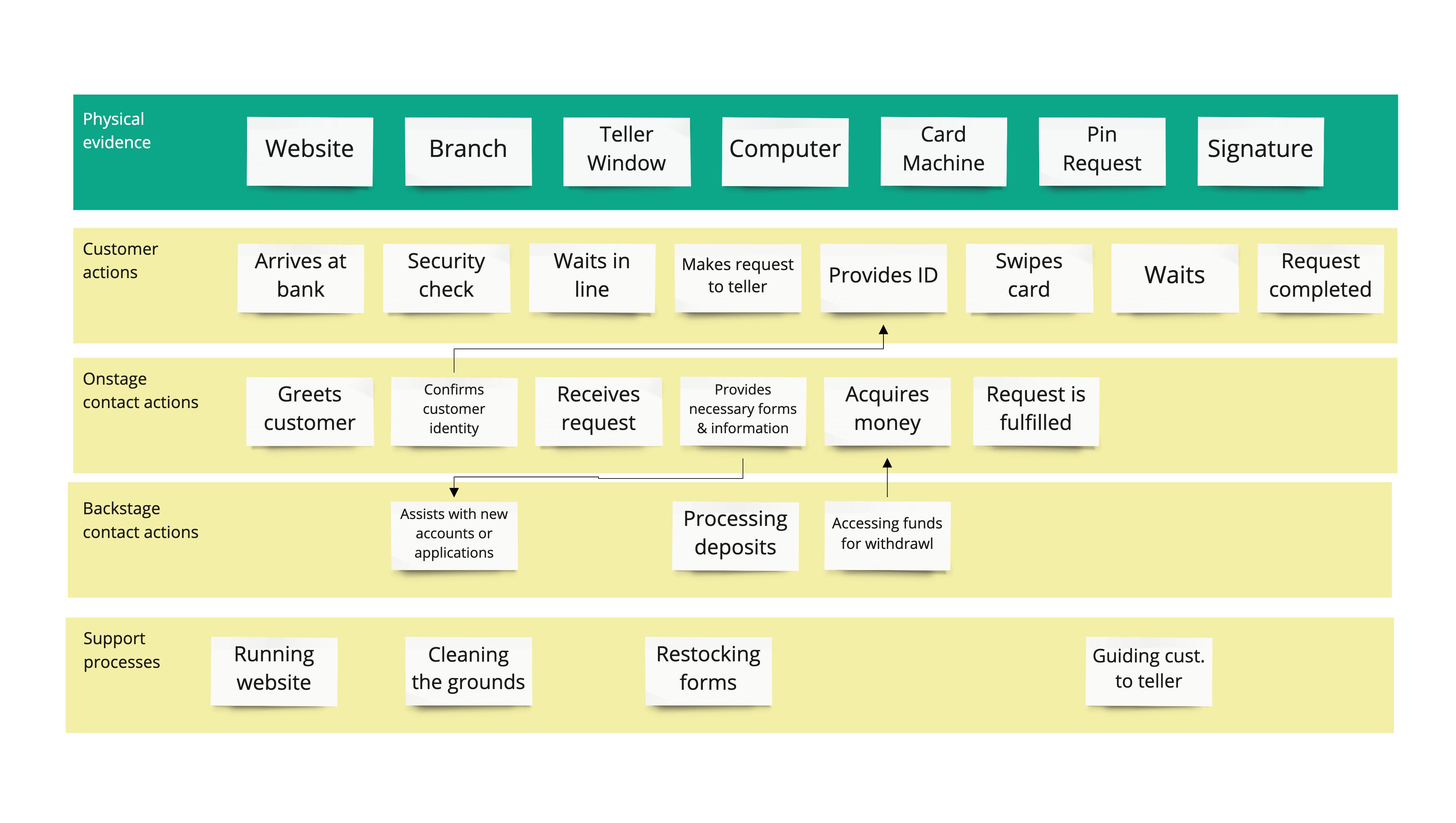


Zakat instruments have two main functions as the first and second guiding principles as follows: This academic paper does not comprehensively or explicitly explain the fiqh aspects of zakat, instead providing an explanation in the macroeconomic context. According to fiqh, zakat refers to the portion of wealth determined by God for distribution amongst certain groups, namely the compulsory spending of wealth above a minimum amount (nisab) to certain parties using specific means. The etymology of the word zakat is derived from zaka, which means growing, clean and good (Qaradawi, 1999). Zakat is a religious obligation for all Muslims who meet the necessary criteria.
#Financial blueprint meaning free#
Muamalah transacti ons are based on fairness, no dharar, no gharar, no dzalim, no muharramat, free from asymmetric information and moral hazard and not deviating from the Medina Market Rules. Together with forbidding riba, Islam encourages business optimisation and the application of risk sharing principles. Businesses profiting from riba (interest) are difficult to develop and restrict job availability. Zakatįinancial transactions must be linked to the real sector, proscribing speculative and unproductive transactions Compulsory zakat payments on excess assets (nisab) remaining idle for a specific period (one year) that control the accumulation of individual wealth through productive economic activitiesĬompulsory assistance for disadvantaged individuals through a percentage (2.5%) of distributed zakat income to guarantee social inclusion.Zaka t has a function in terms of two principles:: Therefore, economic growth is important, namely growth that maintains a natural balance between spiritual well-being and the preservation of nature (QS Al Baqarah: 11-12). In Islam, growth of the Islamic economy and finance aims to realise human existence in the world, namely in the worship of God and for the betterment of the universe (rahmatan lil ‘alamin) (QS Al Anbiya: 107 QS Al Ankabut: 51). Competition in Islam is based on cooperative competition, namely competition for righteousness (QS Al Baqarah: 148 QS Al Maidah: 48). Similarly, competition is encouraged but not in negative form. Individual and communal economic activities are permitted in Islam but communal economic activity based on cooperation and the spirit of kindness (QS Al Maidah: 2) and fairness (QS Shaad: 24) is preferred in line with Islamic values. Meanwhile, individual accumulation of wealth is restricted to avoid becoming excessive, and social participation involves providing a portion of wealth for the common interest through infaq, sadaqah and waqf (QS Hadid: 7 QS An Nur: 33 QS Al Baqarah: 267-268). Therefore, mankind's tendency to hoard wealth must be managed and directed towards commerce and social participation (QS An Nisa: 29). Islam acknowledges mankind's inherent love of wealth (QS Ali Imron: 14 QS Al Fajr: 20 QS Asy Syura: 27 QS Al Fajr: 20). In contrast, recognition of private ownership is not permitted for the excessive accumulation of wealth (QS Al Humazah: 1-3). In Islam, mankind is encouraged to try (QS Al Jumuah: 10 QS Al Isra: 12 QS An Nahl: 14) and utilise all abundant resources created by Allah for mankind (QS Al Baqarah: 29 QS Ibrahim: 34). Understanding that ownership is absolute is fundamental in Islam because Islam encourages philanthropic efforts. Islam respects the relative right of private ownership of assets, while maintaining balance between the relative rights of individuals, collectives and the state. Despite absolute ownership of all things belonging to Allah, Islam respects the relative right of private ownership of assets, labour and ideas obtained through the transfer of ownership based on economic transactions, grants or inheritance. Mankind is merely the Khalifah, ordained and entrusted to manage (QS Al Baqarah: 30, 195 QS Ali Imran: 180). In the Islamic Economy and Finance Blueprint, Islamic economic values are translated into Ownership is Absolute, Justice, Cooperation in Righteousness and Balanced Growth as follows:ĭIn Islam, absolute ownership of all things in essence belongs to Allah (QS Yunus: 55, 66 QS Ibrahim: 2). Values and Principles of the Islamic Economy and FinanceĪ set of values and guiding principles as moral and ethical guidelines is what differentiates the Islamic economy and finance from other economic systems.


 0 kommentar(er)
0 kommentar(er)
